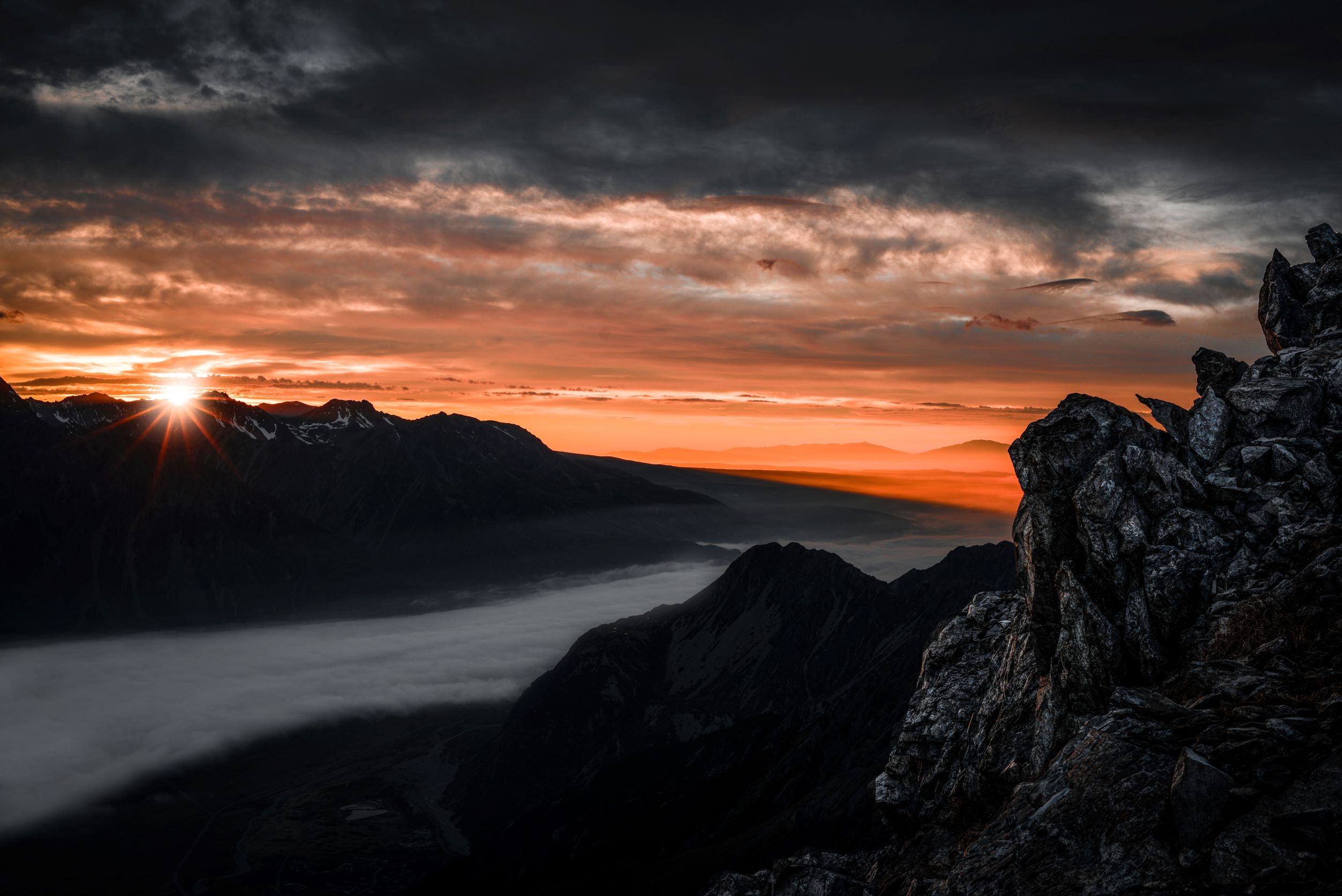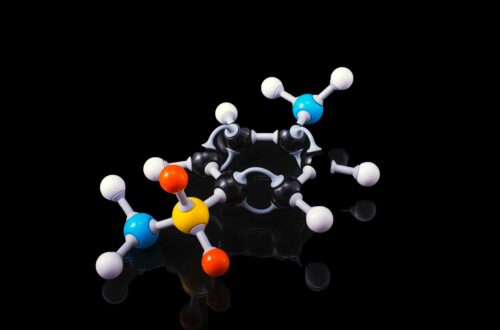
Does Humanity Have a Death Instinct?
The psychoanalyst, Sigmund Freud, included the death instinct in in his psychology. He did it reluctantly, but he noticed there were certain self-destructive impulses in humans that he couldn’t explain, like the impulse to violence, aggression, destruction, homicide, suicide and others forms self-harm and self-sabotage.
Thanatos and Eros
So he incorporated the death instinct that he called Thanatos, after the Greek god of death to explain this human drive toward obliteration.
He paired this with the Greek god, Eros, the life instinct, the impulse to love, kindness, generosity, and compassion.
I find this interesting today because as I look around at all the disasters in the world from war and climate change, to the pandemic, the anti-democratic impulses, and the difficult times many people are facing, I see that something has gone wrong with humanity.
How do we explain all this? Do we humans have a death instinct? Do we have a drive to obliterate ourselves? Is life just too much for us? At times, it sure looks that way.
The Id, the Ego, and the Superego
Freud divided the human personality into three parts: the id, the ego and the superego. The id is unconscious psychic energy that works to satisfy basic urges, needs and desires. It strives for immediate gratification. If it doesn’t get it, tension and anxiety grows.
The superego is the cultural norms, mores and laws that society tells us are the appropriate and inappropriate behaviors in society. It is our conscience, but a conscience imposed on us by our culture, and not by God, our higher self, or some other transcendent entity or being.
Finally, we have the poor ego, stuck in the middle, having to navigate the conflicting impulses and mores from the id and the superego. It tries to balance our inner urges with the rules of society.
In this framework, it’s not hard to see that a death instinct would flourish. Humans would constantly be on edge, dealing with the frustration of having to deal with all these conflicting impulses. It’s easy to see the need to escape, and even seek obliteration.
With No Transcendent, There is No Escape
One of the problems with Freud’s model is there is no outlet for these tensions. We are boxed up. It’s like being in a pressure cooker with the heat turned up, and the lid fastened securely.
Freud didn’t believe in a transcendent level to reality. A lot of people think maybe the superego represents that, but it clearly doesn’t.
Interestingly enough, modern society, based on science and reason, also rejects the transcendent, so our urge to grow and expand gets snuffed out.
We end up being this self-enclosed rational, or perhaps not so rational, ego stuck on its own island in the universe.
It’s an untenable position, and like the pressure cooker just mentioned, people are not only ready to explode, they are exploding, and it’s only going to get worse if we don’t wake up.
For me, there is no death instinct. What we are witnessing are the death throes of the modern world, and it’s taking down many people with it.
That is how Freud would describe the death instinct, a collapse of the ego and/or society as a whole.
The Death Instinct is the Death Throes of the Modern World
But it is more likely that this death instinct is not a force of its own, but the result of the collapsing energy that holds an ego or a society together.
The death instinct is the lack of life force energy, like cold is a lack of heat, and dark is a lack of light. When we leave a room, we never tell someone to turn on the dark because the dark is not a thing. It’s the absence of light.
So, when the warmth and light of a healthy society or ego starts to wane, becoming colder and darker, that’s not the death instinct, it’s just death. Everything eventually winds down.
We do have some control over it, however. If we feel ourselves losing energy, and we’re not at the end of our lives yet, we can do one of two things.
How to Handle the So-Called “Death Instinct”
We can go inside, examine those feelings and work through them to reestablish our connection to the creative force that fuels evolution.
Or, we can run from those feelings and indulge in all sorts of distractions from getting ourselves involved in wars to committing acts of violence or self-harm. We can also hide from ourselves by overeating, indulging in drugs or alcohol, shopping, sports, television, social media, workaholism, etc.
I’m not saying we should never do any of these activities, though there are some we should avoid at all costs, it’s just a problem when we habitually use them to shield ourselves from ourselves.
While we do want to preserve the best aspects of the modern world, it is clear that the modern world has left us in a terrible mental state. Post-modern philosophers bemoaned the inauthentic, sterile and mechanized life the modern world has created.
Kierkegaard’s View of the Modern World
Danish existentialist philosopher, Soren Kierkegaard, in rebellion against the modern world wrote books whose titles reflected his despair. They include: The Concept of Dread, Sickness Unto Death, and Fear and Trembling.
His books dealt with issues like dread, despair, anxiety, angst, abandonment, and fear, seeing these emotions as the only authentic responses one could have in the face of such a soulless and mechanized world. Any signs of joy or happiness were signals of bad faith, or a retreat back into one’s inauthentic self. (He’s right to an extent, but he clearly couldn’t see the way forward either).
Kierkegaard On Boredom and Evil
Kierkegaard, who was a Christian existentialist wrote his own post-modern Biblical creation story, thinking that the biggest enemy to humanity in the modern world was boredom. He wrote:
“The gods were bored and so they created man. Adam was bored because he was alone, so Eve was created. Thus boredom entered the world, and increased in proportion to the increase in population. Adam was bored alone, then Adam and Eve were bored together; then Adam and Eve and Cain and Abel were bored en famille; then the population of the world increased, and the people were bored en masse.
To divert themselves they conceived the idea of building a tower so high it reached the sky. The idea is as boring as the tower was high, and a terrible proof of how boredom had gotten the upper hand. Then the nations were scattered over the earth, just as people now travel abroad, but they continue to be bored.”
Kierkegaard saw boredom as the root of all evil. When we are bored we will do just about anything to overcome it. So much damage has been done in this world by people fleeing boredom in unhealthy ways.
Other Existentialist Views on the Modern World
Other existentialists agreed with Kierkegaard’s view of the soulless modern world. Nietzsche proclaimed the death of God. Heidegger thought man could only live authentically in the face of death. Sartre saw man as a useless passion, and Camus saw life as absurd.
So, was Freud right? Is there a death instinct lurking inside us? Are we on a path to self-destruction because in the war of the gods taking place in our souls, Thanatos appears to be winning?
The Death Instinct is the Loss of Energy and Connection
Again, I would have to say no. I do believe we have something like a life instinct (evolutionary urge) in us that pushes up to grow, develop and expand. It is our natural state, just like any living thing. A flower doesn’t have a death instinct. Left alone in good soil, it will naturally grow and mature in its own way.
The only thing that would stop it, would be outside impediments, like lack of water, sun or nutrients, but on its own, it doesn’t desire its own demise. I don’t see that in animals either. So, I don’t think it is in humans.
Of course humans do have inner impediments to growth, like fear, hatred, or self-doubt, that animals and plants don’t have, and these can block our natural development.
But whether you want to describe our urge to run away or even obliterate ourselves, as a death instinct or just a weakness of will, clearly something is afoot in the world today.
I believe we are realizing consciously or unconsciously, that the modern world can no longer satisfy our needs in its current form. The sooner we wake up to this reality and chart a new and healthier future, the sooner we can turn things around, thus making the death instinct a thing of the past. We can then embrace the evolutionary urge or life instinct in ourselves to boldly move into the future.
To learn more: Click this link: The Magical Universe.
Photo by Will Turner on Unsplash




